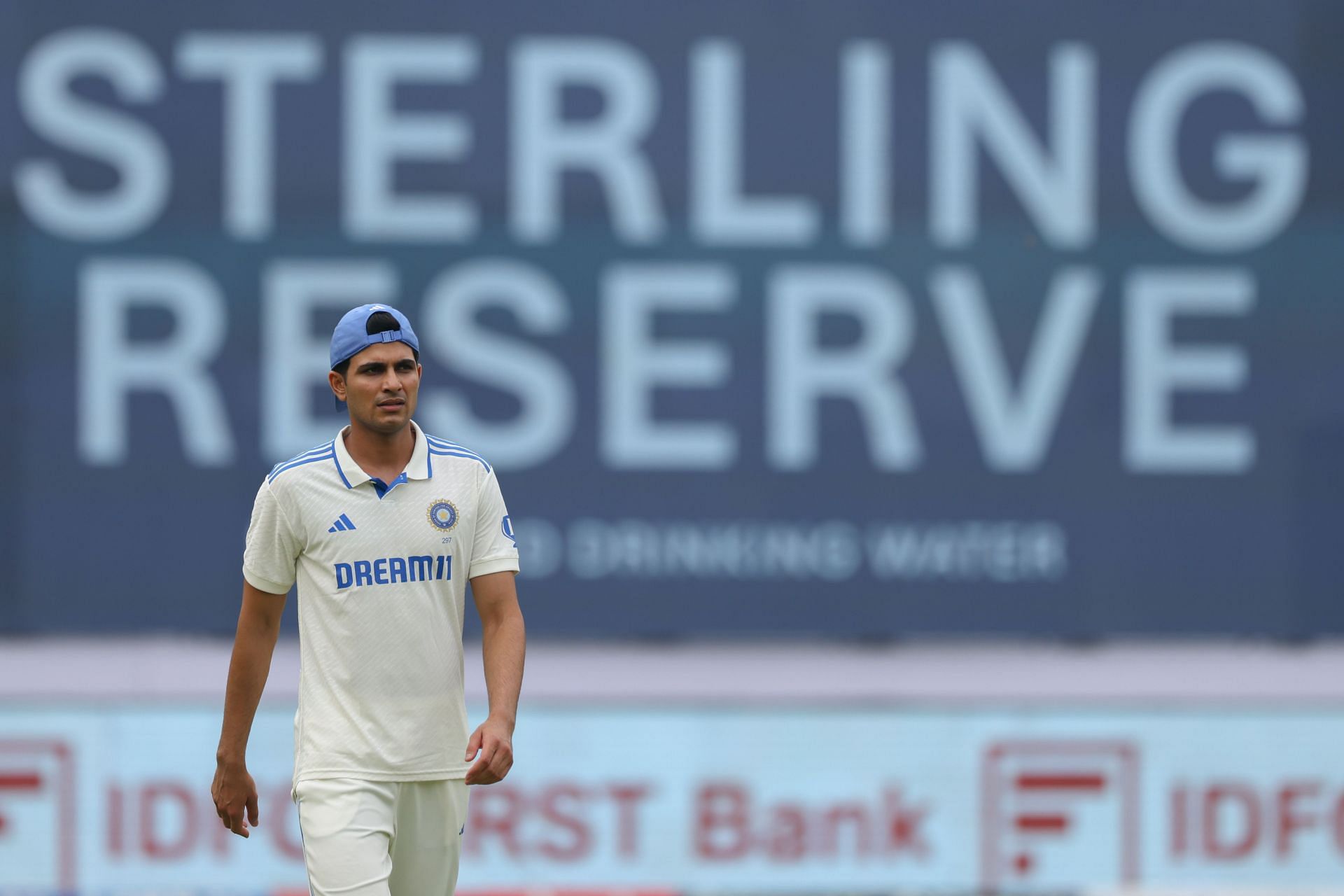
3 reasons why Shubman Gill's injury ahead of 1st BGT 2024-25 Test in Perth is a massive blow to India
Continuing the pattern of untimely injuries to crucial Indian players either ahead of or during a Border-Gavaskar Trophy, Shubman Gill has been reportedly ruled out of the first Test of the 2024-25 edition in Perth, which begins on November 22. He's also doubtful for the second game in Adelaide, which starts on December 6.
Gill hurt his left thumb while attempting a catch at slips in an intra-squad match simulation on Saturday and didn't return to the field. Later, scans were said to have shown a fracture. The team management has also promptly asked India 'A' batter Devdutt Padikkal to stay back as a reserve.
Below, we explain in three points, why it is a massive blow to the team:
#3 The timing couldn't have been worse
This stands true for both Gill's career and India's situation in the series. The right-hander had only recently started to make the number three spot his own, with three centuries and two 90s in his last eight Tests, and seemed to have turned a corner after a shaky beginning in the new role.
He was coming to this series with momentum. There was an anticipation that he'd be able to use these five Tests in Australia, the place where his Test career truly kicked off, to solidify his position once and for all by giving India some winning knocks. Now, he'll probably get four or three Tests to do that, which is not great for a progressing career.
For India, too, Gill's injury couldn't have come at a worse time. The visitors are already likely to be without skipper and opener Rohit Sharma for the first Test and there's a cloud of doubt over KL Rahul, too, after he hurt his elbow in a match simulation, though he has started practicing again.
That makes three experienced batters who might miss out on the Perth Test. Australia, having never lost at the new Perth Stadium, would feel it's a major advantage and an opportunity to build momentum because India, already coming off batting issues, could be further disadvantaged due to these many early injuries.
#2 Number 3 is an extremely important position in Australia
Sportskeeda will come up with a full-fledged feature on this subject soon, but, to give you a small snippet here, the number three spot has been one of India's most important for tours of Australia.
Cheteshwar Pujara's rock-like performances in the last two tours are a prime case in point, but the pattern also works for Rahul Dravid before him. In the rubbers where they have found success, India have done well, and when they have struggled for runs, India have stuttered.
For this series, India will be in untested waters where there'd be much more uncertainty about the position. If Gill is unfit, some other number three would have to take his place, and depending on how he performs, there might be more changes made to the 11 when the Punjab batter returns from injury.
This uncertainty rubs off on the team, too -- for example, someone like Virat Kohli might have to come earlier than expected in the first two Tests if the new number three isn't able to manage the conditions. The visitors might have easily survived having both openers unavailable with the middle-order spine intact, but losing the number three, who sets the tempo of the innings, is a big blow.
#1 Gill has tapered on some of India's recent issues
Losing Gill at this stage is an equally big blow to seeing Rishabh Pant unavailable for the Test. Pant won India the Gabba Test and is aggressive, so his importance is obvious to even inexperienced eyes.
However, Gill's stable form has been equally crucial to India in the past 12 months. He came to Australia as India's second-highest Test run-scorer over the last year, and the sixth-best overall, with 806 runs at an average of 47.41.
It's not a coincidence that just like he wasn't playing the infamous 36/9 in Adelaide in the last Border-Gavaskar Trophy in Australia, Gill was also out of the 11 when New Zealand bowled India out for just 46 runs in the Bengaluru Test last month.
On both occasions, the team looked much better when he returned. He's no Pujara of his prime, yet, and the 25-year-old still has some technical flaws in his batting, but in a struggling batting lineup, he has done as much as Yashasvi Jaiswal and Pant to prevent more embarrassing collapses and make games competitive.
No doubt, India will dearly miss his handling of pace, control of the shots square of the wicket, and the promise he showed against Mitchell Starc, Pat Cummins, Josh Hazlewood and Nathan Lyon.